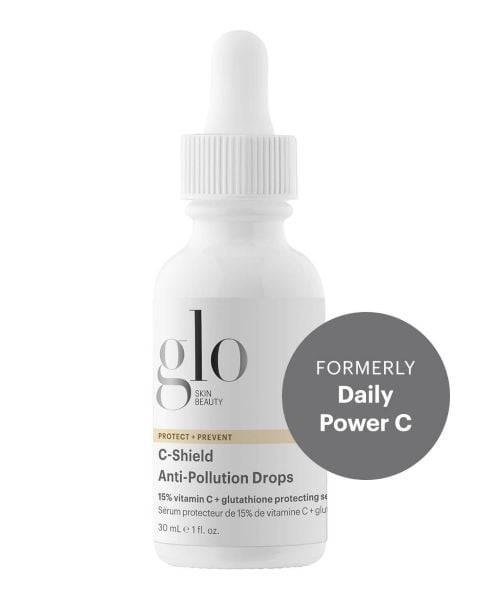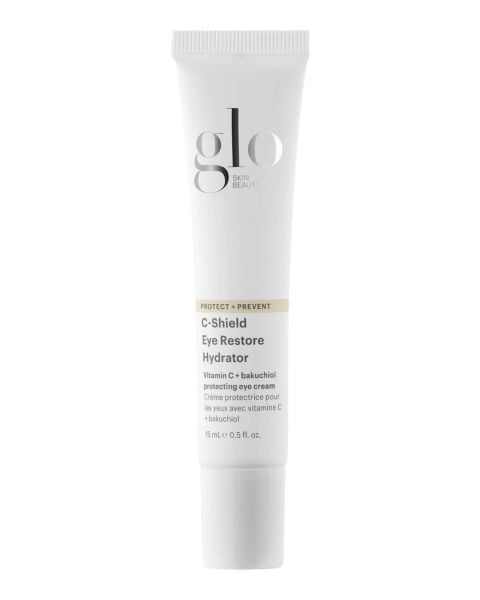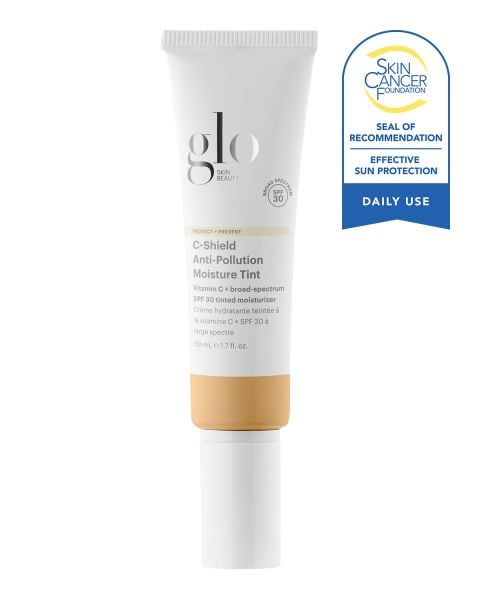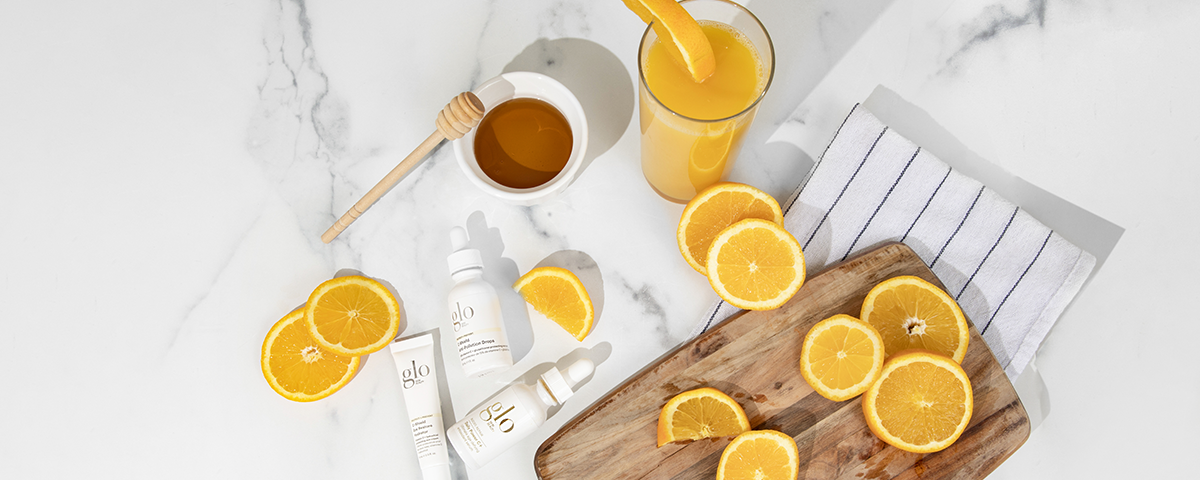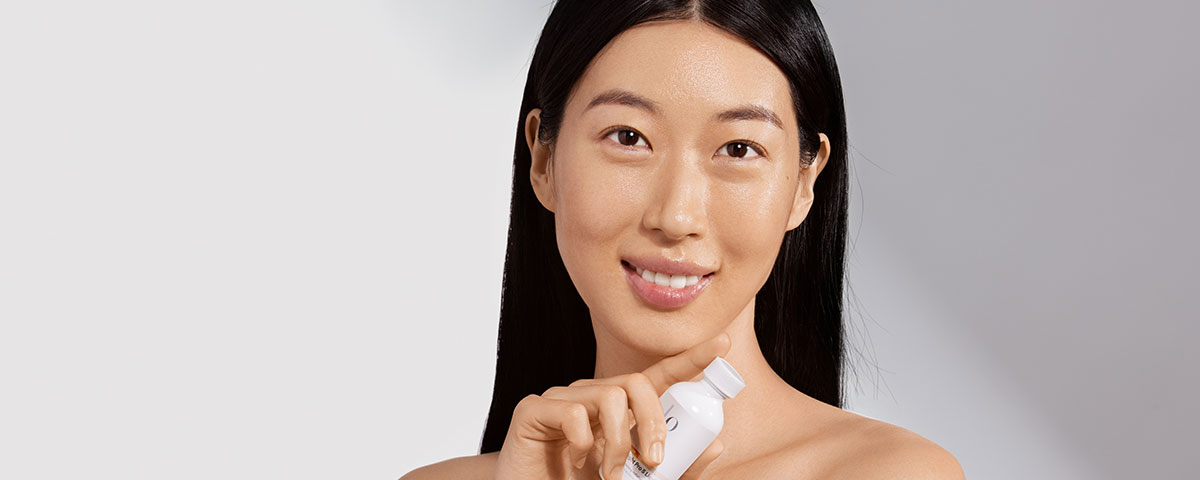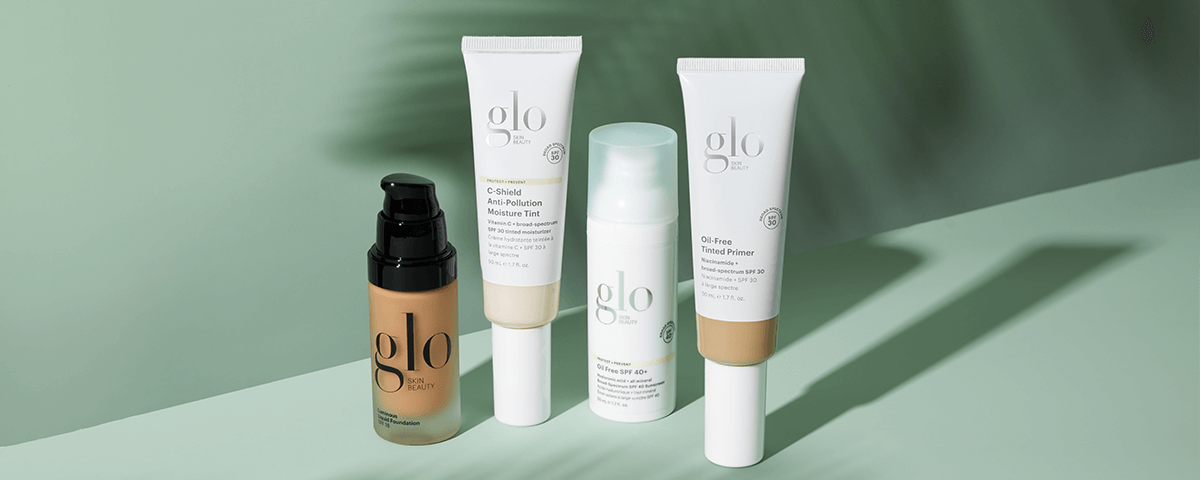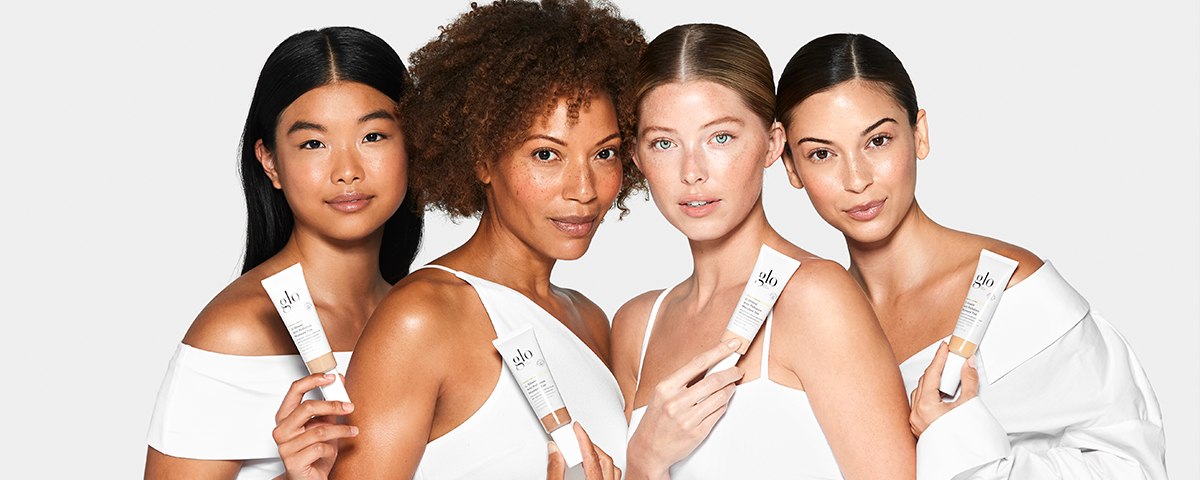- Featured
- Ingredient Spotlight
- Best Sellers
- Skincare
- Makeup
- Professional
- Blog
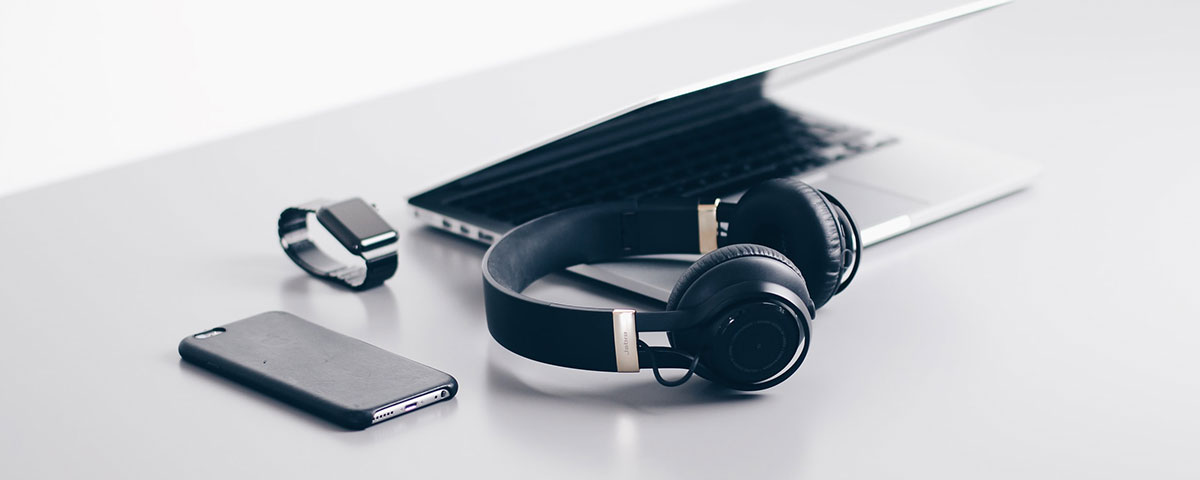
How To Protect Skin Against Blue Light Damage
Blue light is a hot topic right now, but it’s not a new issue. It’s actually been around ever since we started engaging with anything that has a light-emitting screen. What is new, however, is the amount of time we’re exposing ourselves to it. According to a recent survey, the average American spends 19 hours per day looking at some sort of digital device. Whether that’s working on your laptop, binge-watching Netflix, or doomscrolling Instagram before bed, all of these activities which are so important to our daily connectivity and sense of community, are unfortunately having detrimental effects on our wellbeing - and that includes our skin.
But before you slam shut your laptop, there are ways to protect against blue light damage without having to go cold turkey on your digital consumption, and we’ve got all the details…
What Is Blue Light?
Without getting too scientific, blue light is essentially a high-energy visible (HEV) light emitted from both the sun and screen-centric digital devices. It has the potential to penetrate the skin due to its longer wavelength and high energy output. “While the jury is still out on the depth that blue light can reach, it’s known to cause some disruption and premature aging effects. This is due to free radical damage generating oxidative stress on skin cells,” explains Anna De La Cruz, Glo's master aesthetician. Add to this the fact that our devices are generally held close to our faces too, and we are effectively helping that blue light reach our skin in a more concentrated way.
Unlike UVA + UVB rays from the sun, blue light damage to skin currently is not associated with skin burning or cancer. “What it does have in common with both these light-forms however, is accelerated photoaging including fine lines and wrinkles, irritation, redness, and hyperpigmentation,” she adds.
Free radical damage from blue light can actually stimulate pigment production, which can lead to dark spots. “We’re learning more and more about this, but one thing we know is blue light can actually trigger unwanted pigmentation, and can be particularly bad for melasma sufferers,” shares Dr. Nina Desai, board-certified dermatologist.
Blue Light And Beauty Sleep
Another side effect of over-exposure to blue light is that it has the ability to disrupt our sleep patterns, affecting our circadian rhythm. If you’re watching TV in bed or going down an Instagram rabbit hole under the covers, chances are you may find it harder to fall asleep. That’s because blue light affects our melatonin levels (sleep hormone), and according to some research, can also throw your skin cells out of sync, making your body believe it’s actually daytime and impacting their nightly renewal and repair processes.
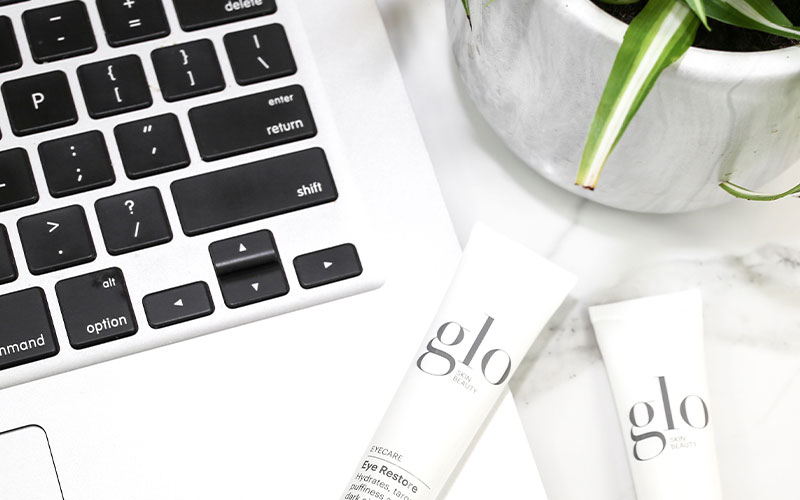
Protecting Against Blue Light
There are several ways to defend skin against digital damage. First up - and we’ll say this on repeat, investing in a good SPF is critical all year round, even indoors - try Oil Free SPF 40+. This will shield your skin from sun damage, and it works well in tandem with the amplified antioxidants you need to really target that dual-action defense.
“Antioxidants are a must,” shares Dr. Nina “Vitamin C is essential to all skincare rituals. SPF and vitamin C complement each other perfectly. SPF for UVB + UVA rays, then vitamin C for its antioxidant protection against free radical damage from the sun, blue light, and pollution. It’s all about defending against damage, and preserving the skin in the long term.”
Adding a daily boost of protection via a vitamin C-loaded serum is a must, promoting skin’s natural radiance while safeguarding it. “Our C-Shield Anti-Pollution Drops (- formerly known as Daily Power C), are infused with vitamin C and glutathione - blue light shield technology, to protect against free radical damage,” Anna shares.
Next up, switch out your eye cream to one with added blue light protection like our Eye Restore. “Because our eyes can strain when looking at monitors and screens, especially over time, this can lead to wear and tear and eventually contribute to a breakdown of collagen and elastin, resulting in fine lines and wrinkles. Contact lenses and glasses are now incorporating protection to shield the delicate eye area, so why not add an extra boostha to your eye cream too,” she adds.
And, for a final glow-getting hydration hit, our Hydra-Bright AHA Hydrator is also infused with blue light protection, along with botanical brighteners and calming conditioners for instant luminosity.
The great news is there’s no need to forgo your favorite Netflix show at night too. You can also get your tech-game strong by adding blue light screen protectors to your devices. Also, adjust your smartphone settings for night use if it doesn’t do this automatically, as this makes the screen easier on your eyes and skin at night.
More Glo
March 11, 2021

